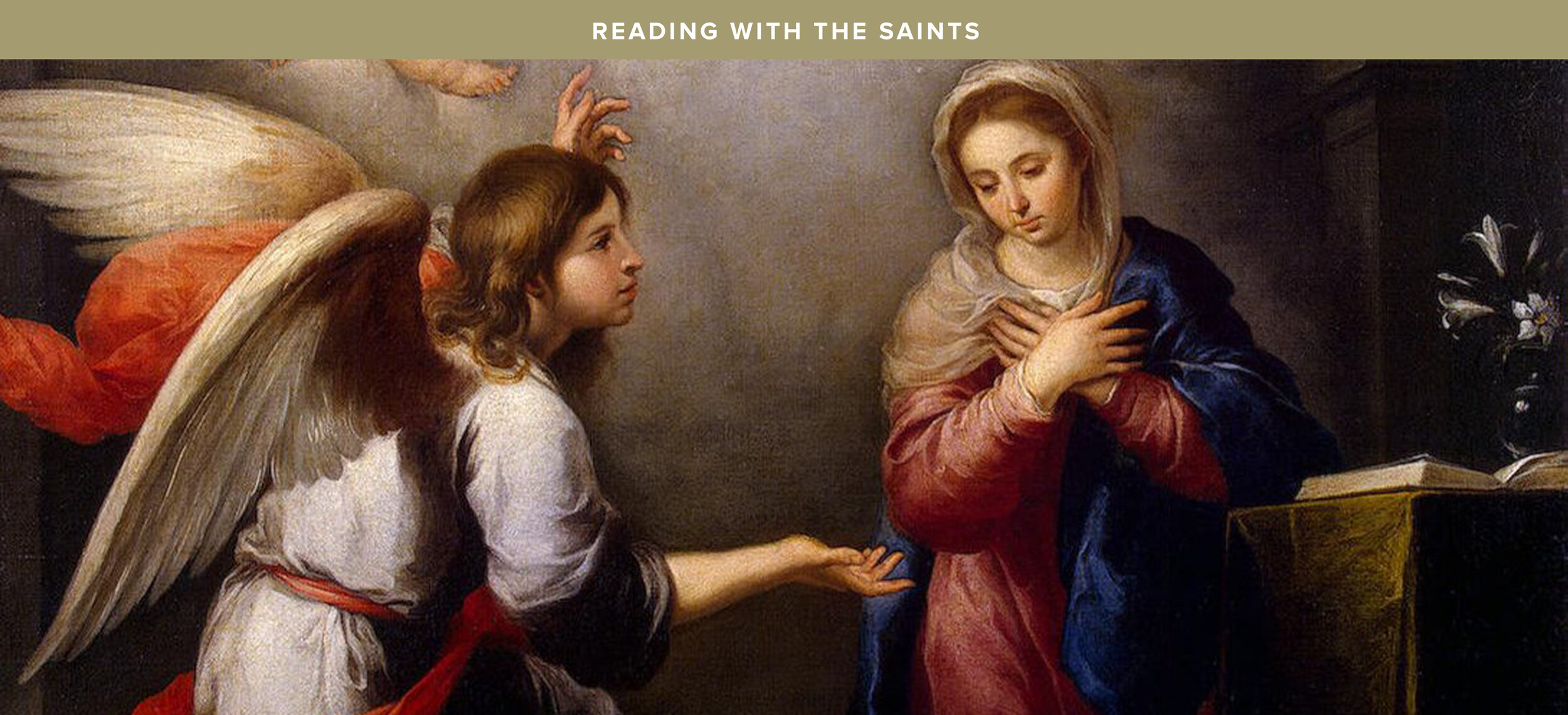Luke 8:24–25 with St. Augustine
“And they went and woke him, saying, ‘Master, Master, we are perishing!” And he awoke and rebuked the wind and the raging waves, and they ceased, and there was a calm. He said to them, “Where is your faith?” And they were afraid, and they marveled, saying to one another, “Who then is this, that he commands even winds and water, and they obey him?”
In this scene from the Gospel, Jesus and his disciples are in a boat crossing the lake of Gennesaret. On the journey, the Lord falls asleep. Luke vividly describes the storm they encounter: “a windstorm came down on the lake, and they were filling with water and were in danger” (Lk. 8:23). Speaking to his congregation, St. Augustine spiritually interprets the passage, reminding them that each detail in the story is symbolic. The boat represents both the Church and the soul of a Christian who has Christ dwelling interiorly. So then, what do the wind and the raging waves signify in the story? Augustine tells his audience and, by extension, us: “you have heard an insult – it’s a high wind; you’ve got angry – it’s a wave. So as the wind blows and waves break, the boat is in peril.” There is a real danger for us here, just as for the disciples, for “your heart is in peril, your heart is tossed about.”
Augustine points out that often our initial reaction to these accusations and insults is to retaliate and seek revenge. Yet he warns that if we give in to these thoughts it will lead to shipwreck in our spiritual lives. The doctor of the Church diagnoses that our desire for reprisal is “because Christ is asleep” in us; we have “forgotten Christ.” The solution to our ailment is to “wake Christ up, remember Christ; let Christ stay awake...” When we experience temptation to sin, symbolized by the biting wind and the buffeting waves, Augustine tells us that this is the moment to awaken Christ. Christ is the one whom the winds and water obey; he is the one who can still our hearts in the midst of trial and protect us from danger. To successfully navigate the sea of life, let us not despair but “let’s wake up Christ, and so sail in on a calm sea, and reach our home country”[1]







